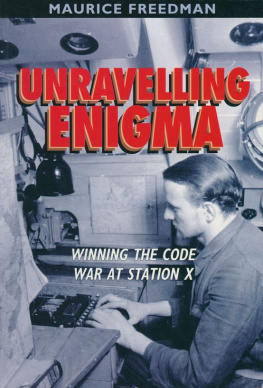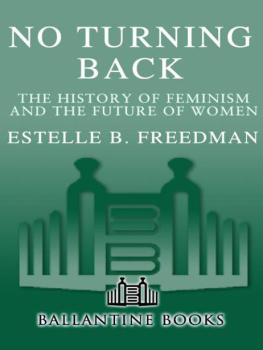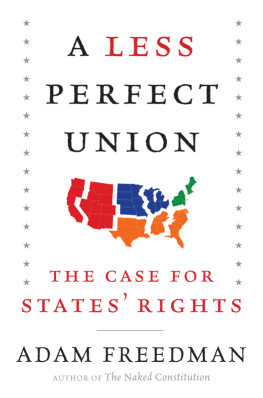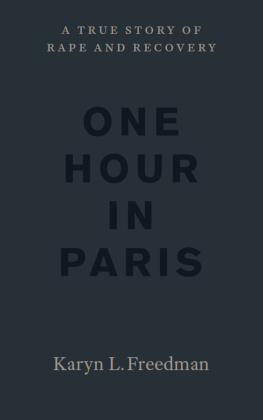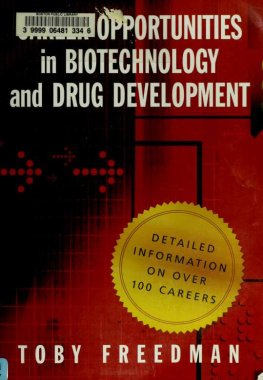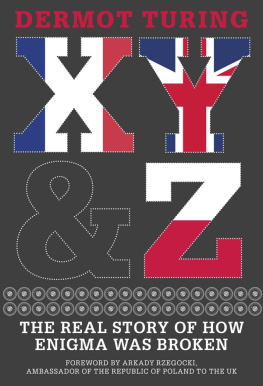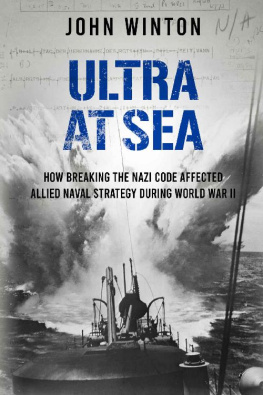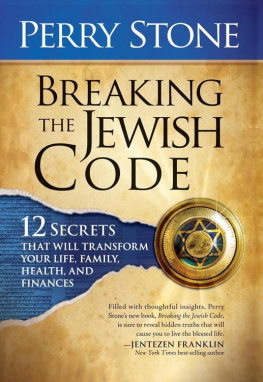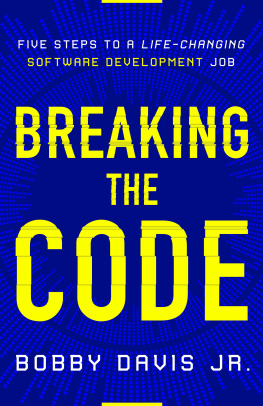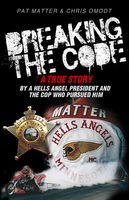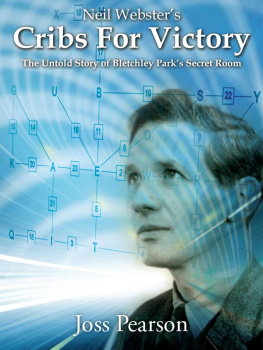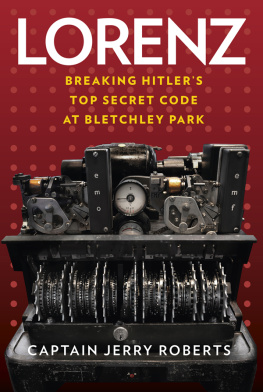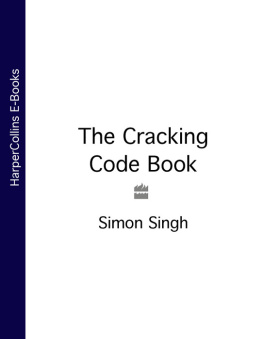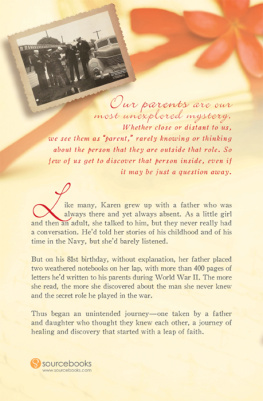UNRAVELLING ENIGMA
UNRAVELLING
ENIGMA
Winning the Code War at
Station X
by
MAURICE FREEDMAN
First published in Great Britain in 2000,
Reprinted in this format 2001
LEO COOPER
An imprint of
Pen & Sword Books Ltd
47 Church Street
Barnsley
South Yorkshire
S70 2AS
Maurice Freedman, 2000, 2001
A catalogue record for this book is
available from the British Library.
ISBN 08052 810 0
Typeset in 10.5/12.5 Sabon
By Phoenix Typesetting, Ilkley, West Yorkshire.
Printed and bound in Great Britain by
Bookcraft (Bath) Ltd, Midsomer Norton, Somerset.
To
Audrey
CONTENTS
My thanks are due, in the first instance, to Nora Millward, without whose generous loan of several volumes of the Official History, British Intelligence in the Second World War, I might not have started. Ralph Parker, one of the stalwarts of Hut Six, was kind enough to read the script at an early stage, and generously gave me a splendid picture of Hut Six staff celebrating Victory in Europe Day, 8 May 1945. Peter Calvocoressi gave friendly encouragement. Peter Coast cast a mathematical eye over some of the more technical passages. I owe a good deal to my lecture audiences, some of whom were personally involved in code-breaking or allied activities and whose searching questions, as well as helpful suggestions, have helped to keep me on the right track.
The following authors and publishers have given permission to quote extracts from their publications:
Antony Beevor, Crete The Battle and the Resistance (John Murray (Publishers) Ltd, 1993).
Ralph Bennett, Ultra in the West: The Normandy Campaign of 194445 (Hutchinson, 1979).
Ralph Bennett, Ultra and Mediterranean Strategy, 194145 (Hamish Hamilton, 1989).
Peter Calvocoressi, Top Secret Ultra (Cassell, 1980).
F.H. Hinsley et al., British Intelligence in the Second World War, Official History. Crown Copyright is reproduced with the permission of the Controller of Her Majestys Stationery Office. F.H. Hinsley and Alan Stripp (eds), Codebreakers: The Inside Story of Bletchley Park (1993). Reprinted by permission of Oxford University Press.
Andrew Hodges, Alan Turing: The Enigma (Vintage, 1992).
David Kahn, Seizing the Enigma (Souvenir Press, 1992).
Christopher Morris, Navy Ultras Poor Relations, from Intelligence and National Security, Vol. 1, No. 1 (1986) (Frank Cass & Co. Ltd).
The Oxford Companion to the Second World War (1995). Reprinted by permission of Oxford University Press.
Gordon Welchman, The Hut Six Story (Baldwin, 1997).
Picture credits: pictures 17, Bletchley Park Trust/Science and Society Picture Library.
Jacket Illustration, Bletchley Park Trust/Science and Society Picture Library.
The King hath note of all that they intend,
By interception which they dream not of.
Henry V (Act II, Scene II)
If the astonishing code-breaking carried out at Bletchley Park during the Second World War was truly Britains greatest twentieth-century achievement, and helped to shorten the War, it deserves better treatment in print and in the media than it has so far received.
To those who have been confused, indeed perplexed, by what they have already read or seen of code-breaking, as well as those coming new to this topic, I offer a straightforward, readable account, where the reader may follow the story without being discouraged by mathematics and technology. I have tried to keep necessary explanations as clear as possible, and avoid the jargon which so often plagues this subject. I have also sketched in some of the wartime background against which these events took place, and have looked at the role played by Ultra intelligence (the secret information obtained by code- and cipher-breaking) in some of the great land battles of the War, as well as examining its part in the Battle of the Atlantic.
British code- and cipher-breaking attained a huge success in the Second World War, when, for the first time in history, one side was consistently listening, on a very large scale, to the secret military intelligence of the other.
The essence of that achievement was the sheer scale of the operation. Whereas the Poles had determinedly broken the German Enigma ciphering system from 19338, although without obtaining much information, the British created, out of a chaotic intelligence situation, one big organization capable of deciphering and processing thousands of secret enemy signals every day, turning them into valuable information, often vital for the conduct of the War. Complex and difficult as these processes undoubtedly were, they were accomplished with assembly-line precision and in industrial production quantities.
The British learned to know their enemy as well, and sometimes better, than he knew himself. It was said that if, in 1944, you wanted to find three people who knew more about the German Air Force than anyone else, they would be found, not in Germany, but at Bletchley Park!
For a country which, at Dunkirk, had suffered a most humiliating retreat, and seemed in 1940 almost certain to lose the War, possession of this secret weapon proved, by 1944, when the Allied invasion of Europe took place, to be of supreme value.
The story of code- and cipher-breaking and the Ultra top secret intelligence it produced, has been bedevilled by two factors. First, Bletchley Park, in wartime, operated a very stringent need to know rule if its not your job, dont ask and a tight division of labour, so that perhaps fifty or sixty out of 7,000 people had an overall, although not a detailed, picture of the work.
Then there was a time-lag of some thirty-three years before the secrecy restrictions were lifted and then not completely in 1978, and officially, at least, no private written records of this secret wartime activity should have been kept.
The combined effect of the need to know what one Bletchley veteran called, the tunnel vision from which we all suffer and the fading memories, became evident when the ban was lifted in 1978. Books and articles appeared, some of which were wide of the mark, spreading misinformation and confusion, especially as information emerged in piecemeal fashion. Most aspects of the Second World War have a generally agreed history, but owing to the long official silence, the code-breaking story was far from clear. Then the authorized History of British Intelligence in the Second World War began to appear (five vols; 197990) and things started to improve, but by then a good deal of damage had been done. A lot of misinformation still persists; indeed, it is difficult to read a newspaper article, a reference book or an obituary notice without being aware of the errors still in circulation. Nor was the television series about Bletchley Park of much help, leaving many of its viewers more confused than enlightened. Leaving aside its inaccuracies, what I found particularly irksome was the absence of any recognition of Gordon Welchman, without whom Bletchley Park, as we know it, would not have existed. Very early in the War Welchman saw that it was not a matter of breaking a few secret enemy codes, but in order to make a real impact on the outcome of the War Bletchley would have to decode or decipher hundreds and probably thousands, of messages every single day. Accordingly, he planned a large, round-the-clock, code-breaking organization, and persuaded his bosses to take immediate action. Had they not done so they would not have survived.
Next page
